
Kod: 04477880
Plotinus on Intellect
Autor Emilsson
Plotinus (205-269 AD) is considered the founder of Neoplatonism, the dominant philosophical movement of late antiquity, and a rich seam of current scholarly interest. Whilst Plotinus' influence on the subsequent philosophical trad ... więcej
- Język:
 Angielski
Angielski - Oprawa: Twarda
- Liczba stron: 242
Wydawca: Oxford University Press, 2007
- Więcej informacji o książce

Zobacz książki o podobnej tematyce
-
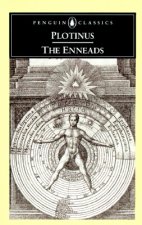
Enneads
15.05 € -32 % -

Migration and Health
111.60 € -

Canada at the Polls, 1984
29.51 € -5 % -

Introduction to Clinical Neuropsychology
140.82 € -

Pencak Silat
19.30 € -4 % -

Lystlognerens paradis
23.14 € -7 %
Bon podarunkowy: Radość gwarantowana
- Podaruj bon o dowolnej wartości, a my się zajmiemy resztą.
- Bon podarunkowy dotyczy całej naszej oferty.
- Możesz wydrukować elektroniczny bon z e-maila a następnie przekazać go obdarowanemu.
- Ważność bonu wynosi 12 miesięcy od daty wystawienia.
Więcej informacji o Plotinus on Intellect
Za ten zakup dostaniesz 350 punkty
 Opis
Opis
Plotinus (205-269 AD) is considered the founder of Neoplatonism, the dominant philosophical movement of late antiquity, and a rich seam of current scholarly interest. Whilst Plotinus' influence on the subsequent philosophical tradition was enormous, his ideas can also be seen as the culmination of some implicit trends in the Greek tradition from Parmenides, Plato, Aristotle, and the Stoics. Emilsson's in-depth study focuses on Plotinus' notion of Intellect, which comes second in his hierarchical model of reality, after the One, unknowable first cause of everything. As opposed to ordinary human discursive thinking, Intellect's thought is all-at-once, timeless, truthful and a direct intuition into 'things themselves'; it is presumably not even propositional. Emilsson discusses and explains this strong notion of non-discursive thought and explores Plotinus' insistence that this must be the primary form of thought. Plotinus' doctrine of Intellect raises a host of questions that Emilsson addresses. First, Intellect's thought is described as an attempt to grasp the One and at the same time as self-thought. How are these two claims related? How are they compatible? What lies in Plotinus' insistence that Intellect's thought is a thought of itself? Second, Plotinus gives two minimum requirements of thought: that it must involve a distinction between thinker and object of thought, and that the object itself must be varied. How are these two pluralist claims related? Third, what is the relation between Intellect as a thinker and Intellect as an object of thought? Plotinus' position here seems to amount to a form of idealism, and this is explored.
 Szczegóły książki
Szczegóły książki
Kategoria Knihy po anglicky Humanities Philosophy History of Western philosophy
140.01 €
- Pełny tytuł: Plotinus on Intellect
- Autor: Emilsson
- Język:
 Angielski
Angielski - Oprawa: Twarda
- Liczba stron: 242
- EAN: 9780199281701
- ISBN: 019928170X
- ID: 04477880
- Wydawca: Oxford University Press
- Waga: 510 g
- Wymiary: 240 × 160 × 20 mm
- Data wydania: 15. February 2007
Ulubione w innej kategorii
-

Meditations
10.20 € -17 % -

The Myth of Sisyphus
8.08 € -

Why I Am so Clever
3.93 € -15 % -

Meditations
20.11 € -19 % -

Discourses and Selected Writings
10.91 € -23 % -

Ride the Tiger
19.30 € -25 % -

Meditations
14.85 € -22 % -

Existentialism Is a Humanism
8.08 € -28 % -

Human, All Too Human & Beyond Good and Evil
5.85 € -21 % -

Republic
11.92 € -16 % -

Thus Spoke Zarathustra
9.39 € -29 % -
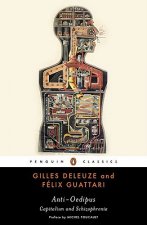
Anti-Oedipus
17.88 € -26 % -

Socrates' Defence
3.43 € -26 % -
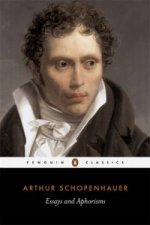
Essays and Aphorisms
12.22 € -22 % -
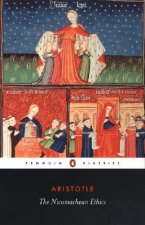
Nicomachean Ethics
12.93 € -18 % -

Nausea
11.11 € -22 % -

Twilight of the Idols with The Antichrist and Ecce Homo
5.45 € -26 % -
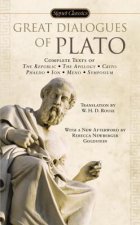
Great Dialogues Of Plato
8.48 € -
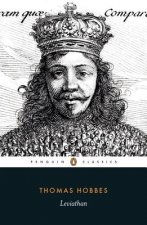
Leviathan
14.14 € -23 % -
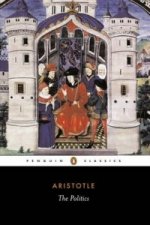
Politics
14.14 € -7 % -

Concept of Anxiety
16.17 € -15 % -
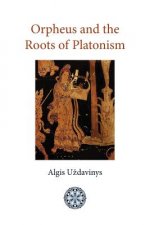
Orpheus and the Roots of Platonism
10.30 € -8 % -
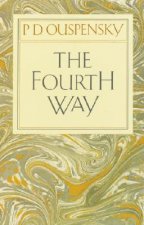
Fourth Way
16.77 € -20 % -
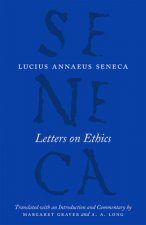
Letters on Ethics - To Lucilius
50.34 € -
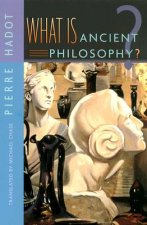
What Is Ancient Philosophy?
35.98 € -4 % -

Fear and Trembling
11.11 € -35 % -
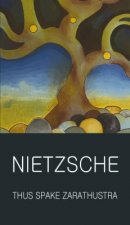
Thus Spake Zarathustra
5.35 € -20 % -
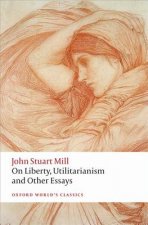
On Liberty, Utilitarianism and Other Essays
9.29 € -28 % -

First as Tragedy, Then as Farce
12.63 € -19 % -
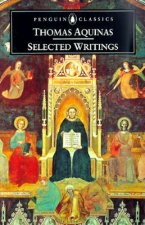
Selected Writings
16.06 € -16 % -

Repetition and Philosophical Crumbs
11.31 € -28 % -
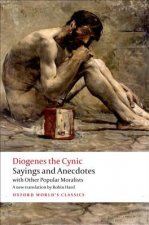
Sayings and Anecdotes
10.30 € -28 % -
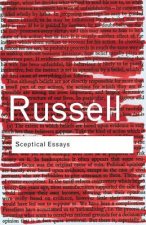
Sceptical Essays
18.19 € -14 % -

Aphorisms on Love and Hate
3.53 € -

Myth of Sisyphus
11.92 € -17 % -

Letters from a Stoic
12.32 € -14 % -

The Farther Reaches of Human Nature
16.37 € -9 % -

Beyond Good and Evil
11.31 € -21 % -
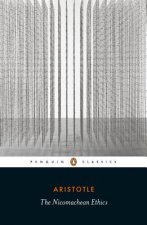
Nicomachean Ethics
11.92 € -16 % -

Simulacra and Simulation
18.79 € -17 % -

Either/Or
19.40 € -
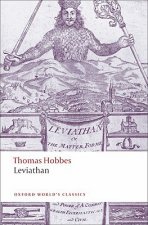
Leviathan
9.49 € -15 % -
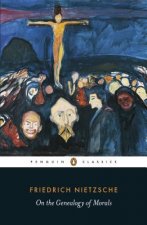
On the Genealogy of Morals
11.11 € -16 % -

Spell of the Sensuous
17.08 € -11 % -

On the Shortness of Life
8.58 € -21 % -

The Symposium
9.29 € -24 % -

At The Existentialist Cafe
12.73 € -

Think
12.22 € -22 % -
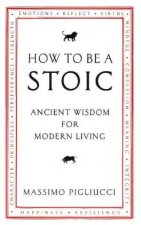
How To Be A Stoic
15.76 € -23 %
Osobný odber Bratislava a 2642 dalších
Copyright ©2008-24 najlacnejsie-knihy.sk Všetky práva vyhradenéSúkromieCookies



 21 miliónov titulov
21 miliónov titulov Vrátenie do mesiaca
Vrátenie do mesiaca 02/210 210 99 (8-15.30h)
02/210 210 99 (8-15.30h)